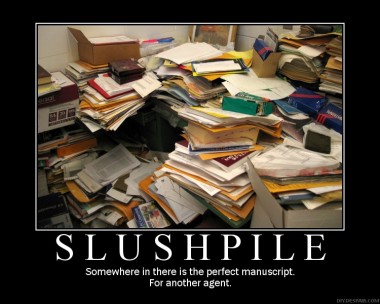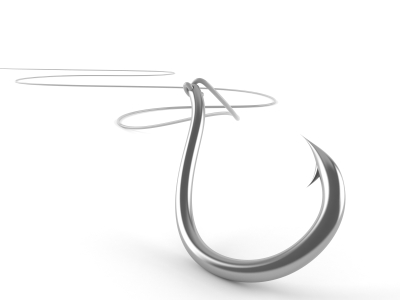There is a mysterious magic embedded in the mythos of the publishing industry: the ability to pick successful books. I was recently asked, “You say ‘no’ so often, how do you know when to say ‘yes?’”
I wish I could claim that every agent and publisher have a secret formula we consult to know what will sell. Ask any group of us for that secret and we will all laugh because there is no “secret.” We have all picked winners, but we have also picked ones that didn’t work as well. However, there are some things we do rely upon when making our choices.
Experience
Soren Kierkegaard wrote that “life can only be understood backwards; but it must be lived forwards.” Such is the nature of experience. We build and learn from our mistakes and our successes. The longer I’m in the business, the signs of potential success are easier to read.
My first few months as an acquisitions editor were not stellar. I still have some of the proposals I presented to the Bethany House Publishers committee back in late ’92 and early ’93. It amazes me how patient Carol Johnson, my boss, was in those days. Eventually I got the hang of it and began finding and picking successful books.
I believe a part of that experience comes with being widely read. Experience isn’t only having a resume with decades of years listed on it. The knowledge that comes with considerable reading can help anyone, of any age, get a handle on what works and what doesn’t.
The more you read, the better you know what is being published. Being aware of the marketplace is a huge leg up on the competition. In other words, don’t pitch a new book idea with a title like The Fourteenth Wing or Jesus Came Calling or Hungry for Games. Or don’t write in a genre in which you have no knowledge or understanding. (I once asked an author, who was writing a thriller, “What author is your favorite in this genre and compare your work to theirs for me.” Their answer was “Oh, I don’t read thrillers. I don’t like them.”
Experience, in a sense, comes by living in the room where the action takes place. Living and breathing the industry, reading or sampling hundreds of books in all genres, both fiction and nonfiction. After a while, what was an impressionistic painting becomes still-life realism.
Instinct
Instinct is not something that is easily taught. Did you know that the same editor who discovered Stephen King is the same editor who discovered John Grisham? (His name is Bill Thompson.) There is an innate skill that helps with picking the best. I can’t explain it. But there are times when you just know. This writer’s work is gasp-worthy. Or you sense in them the work ethic that is going to reap huge benefits in the long run.
Think of it in terms of a baseball scout trolling the dusty fields in the backwoods of America and other countries. They watch hundreds, even thousands, of players; and their job is to find the best and brightest and give them a chance to be a part of the big stage someday.
So What? How Does That Help Me?
This is a legitimate question because it may not necessarily help you with pitching your book …. at first glance. But actually, it speaks directly to each writer who is working toward publication.
- Be aware of the marketplace.
- Read widely, beyond your comfort zone.
- Try to figure out why that book is a bestseller and the other one on the same topic isn’t.
- Let others teach you.
- Trust your gut. Sometimes that instinct is simple self-delusion, but often it can tell you that “this is the one.”











